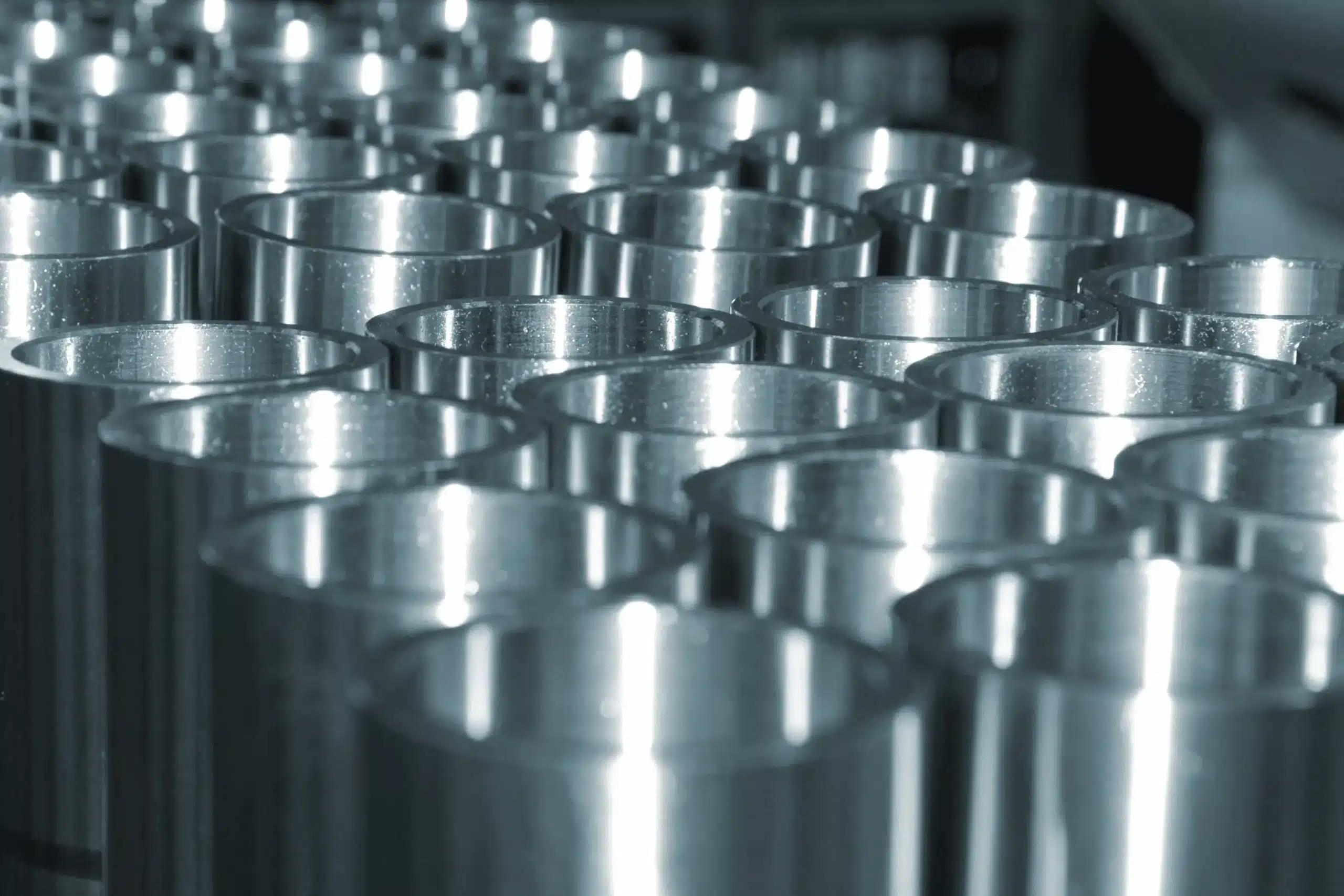
Table of Contents
TogglePressure vessels play a critical role in industries such as petrochemicals, pharmaceuticals, and food processing. Ensuring the safe containment of fluids under pressure requires materials that can withstand challenging conditions. Among the options available, stainless steel consistently emerges as a top choice. This article highlights why stainless steel remains the preferred material for various applications.
Stainless steel resists corrosion effectively, making it unmatched for pressure vessels. Chromium in stainless steel forms a protective oxide layer on the surface, preventing rust and corrosion, even in harsh environments. Industries like chemical processing and marine applications rely heavily on this feature.
The smooth, non-porous surface of stainless steel simplifies cleaning and prevents bacterial growth. This property makes it ideal for pressure vessels used in industries such as pharmaceuticals, where hygiene and product purity are critical. Its easy-to-clean nature minimizes contamination risks and ensures safety.
Stainless steel offers exceptional strength and durability, allowing it to handle high-pressure environments and mechanical stresses found in boilers and chemical reactors. Its reliability extends the lifespan of pressure vessels, providing long-term performance.
Stainless steel remains durable across a wide temperature range. Its performance in cryogenic and high-temperature environments makes it valuable for industrial applications. For example, in cryogenic settings, stainless steel withstands extreme cold without becoming brittle. In high-temperature conditions, it retains its strength and integrity, proving essential for reactors and furnaces.
Stainless steel resists scaling and oxidation, even when exposed to high temperatures. This property protects its surface integrity, ensuring reliability in systems such as heat exchangers and steam boilers. By maintaining its strength and reducing maintenance needs, stainless steel supports long-term operational efficiency.
Stainless steel meets strict regulatory standards for pressure vessel construction, making it a trusted choice in regulated industries. Its proven track record of performance ensures safety and compliance in sectors such as food and beverage, pharmaceuticals, and chemical processing.
While stainless steel may require a higher upfront investment, its durability and resistance to corrosion result in lower maintenance costs. This long lifespan leads to fewer repairs and increased productivity, delivering significant long-term economic advantages.
Stainless steel enhances safety by minimizing leaks, corrosion-related failures, and material degradation. Its mechanical properties ensure reliability in industries that prioritize safety, such as oil and gas. Choosing stainless steel reduces costly downtime and environmental hazards, offering peace of mind to operators and stakeholders.
Stainless steel frequently receives endorsements from industry and regulatory bodies. These certifications validate its suitability for pressure vessels, ensuring compliance with strict safety and environmental guidelines. By adhering to certified standards, companies reduce risks and maintain operational integrity.
Stainless steel supports sustainability through its recyclability and low environmental impact. Its reuse minimizes the need for raw materials, making it an eco-friendly choice for pressure vessel manufacturing.
Stainless steel is highly favored for pressure vessel construction due to its exceptional corrosion resistance, durability, and strength. These properties are crucial, especially in environments where pressure vessels are exposed to corrosive substances or extreme temperatures. Furthermore, stainless steel’s ability to withstand these conditions without degrading ensures the safety and longevity of the vessels.
Safety is a paramount concern in the design and operation of pressure vessels. Specifically, stainless steel contributes to safety through its high tensile strength and resistance to cracking under stress. Consequently, this reduces the risk of leaks or ruptures, which can be catastrophic, especially when vessels contain hazardous or pressurized materials. Additionally, its corrosion resistance prevents weakening over time, thus maintaining structural integrity.
Yes, there are several types of stainless steel used in pressure vessel construction, each suited to different applications. For instance, the most common are austenitic grades (such as 304 and 316), which are known for their excellent corrosion resistance and good weldability. Additionally, duplex stainless steel, which combines austenitic and ferritic properties, is used for its enhanced strength and superior corrosion resistance, particularly in harsh chemical environments.
The choice of stainless steel directly impacts the maintenance needs and lifespan of a pressure vessel. For example, higher grades of stainless steel, while more expensive, offer greater corrosion resistance and strength, leading to longer service life and reduced maintenance. Therefore, this can be cost-effective in the long run, especially in harsh environments where lower grades might degrade more quickly.
Stainless steel pressure vessels are specifically designed to handle high temperatures and pressures. Notably, the material’s high melting point and strength ensure that it can maintain structural integrity under extreme conditions. However, the specific temperature and pressure limits depend on the grade of stainless steel used and the design of the vessel.
Table of Contents
ToggleIn the realm of industrial solutions, Red River emerges as a pioneer, offering a diverse range of custom-engineered products and facilities. Among our specialties is the design and production of Custom/OEM Pressure Vessels, meticulously crafted to meet individual client requirements, ensuring performance under various pressure conditions. Our expertise extends to the domain of prefabrication, where Red River leads with distinction.
The company excels in creating prefabricated facilities, modules, and packages, reinforcing its stance as a forerunner in innovation and quality. This proficiency is further mirrored in their Modular Skids offering, where they provide an array of Modular Fabricated Skid Packages and Packaged equipment. Each piece is tailored to client specifications, underlining their commitment to delivering precision and excellence in every project they undertake.